Active Acne Skincare In Elstead, Surrey
Acne Treatment Options
Struggling with active acne in Elstead, Surrey? You are not alone. Fortunately, there are many effective skincare options available to help manage and treat breakouts. From topical creams and gels to professional treatments like chemical peels and laser therapy, a variety of approaches can be tailored to your individual needs and skin type.
Dermatologist Consultations
For personalized advice and treatment plans, consulting a dermatologist in Elstead is highly recommended. A dermatologist can accurately diagnose the type and severity of your acne, identify any underlying factors contributing to breakouts, and recommend the most suitable skincare regimen for you. They may suggest a combination of topical medications, oral antibiotics or other systemic treatments, depending on your specific situation.
In addition to professional treatment, incorporating certain active ingredients into your daily skincare routine can be beneficial. Look for products containing benzoyl peroxide, salicylic acid, retinoids, or tea tree oil. These ingredients can help unclog pores, reduce inflammation, and prevent future breakouts.
Remember to consult with a dermatologist before making any significant changes to your skincare routine, especially if you are using prescription medications or have sensitive skin.
Prescription Medications
Prescription medications can be an effective way to treat active acne. These medications work by targeting different aspects of the acne process, such as reducing oil production, preventing clogged pores, and fighting bacteria.
- Topical Retinoids: These vitamin A derivatives promote cell turnover, unclog pores, and reduce inflammation. They come in various strengths, starting with over-the-counter options and progressing to prescription-strength retinoids like tretinoin or adapalene.
- Antibiotics: Oral antibiotics are often prescribed for moderate to severe acne. They work by killing bacteria that contribute to breakouts. Common oral antibiotics used for acne include doxycycline, tetracycline, and minocycline.
- Isotretinoin (Accutane): This powerful oral medication is typically reserved for severe cystic acne that hasn’t responded to other treatments. It works by drastically reducing oil production, but it can have significant side effects and requires careful monitoring.
Over-the-Counter Products
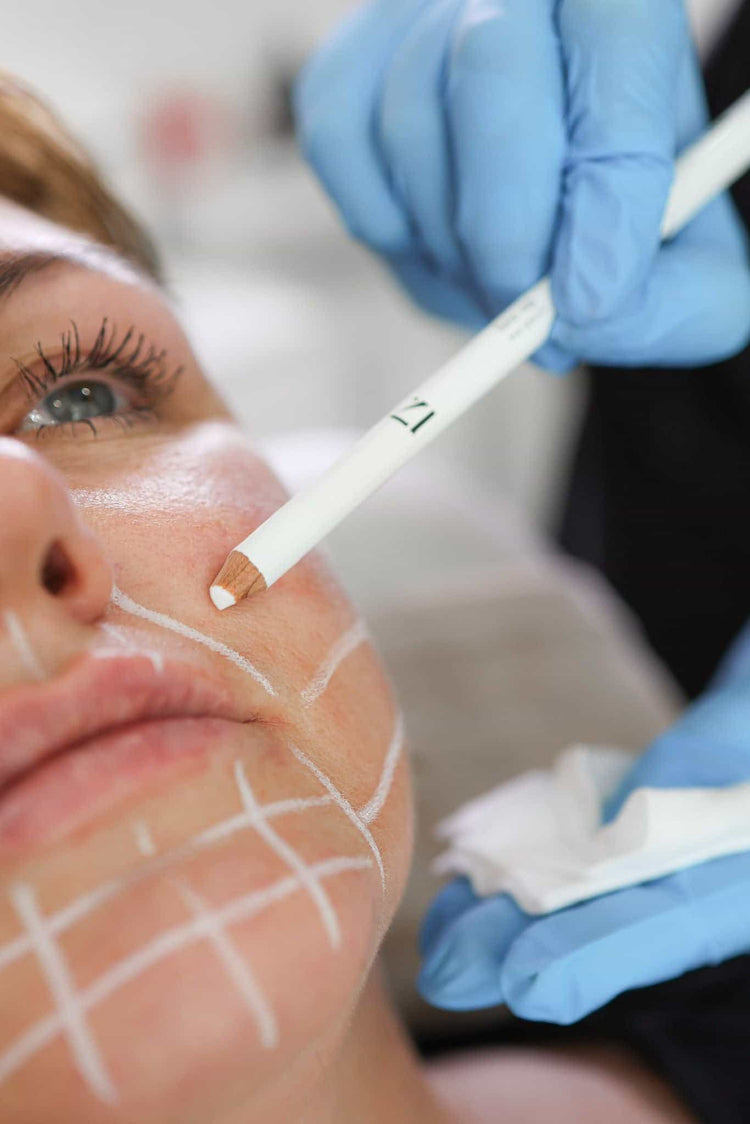
Over-the-counter (OTC) products can be a good starting point for managing mild to moderate acne. These products contain lower concentrations of active ingredients compared to prescription medications.
Some common OTC acne treatments include:
- Benzoyl peroxide: This ingredient kills bacteria, dries up excess oil, and helps unclog pores. It comes in cleansers, creams, gels, and washes.
- Salicylic acid: This beta-hydroxy acid (BHA) exfoliates the skin, removes dead skin cells, and prevents clogged pores. You can find salicylic acid in toners, cleansers, masks, and spot treatments.
- Tea tree oil: This natural ingredient has antibacterial and anti-inflammatory properties. It’s often found in spot treatments or diluted in carrier oils.
Always start with a low concentration of active ingredients and gradually increase as tolerated. Patch test new products on a small area of skin before applying them to your entire face to check for any adverse reactions.
Lifestyle Factors and Acne
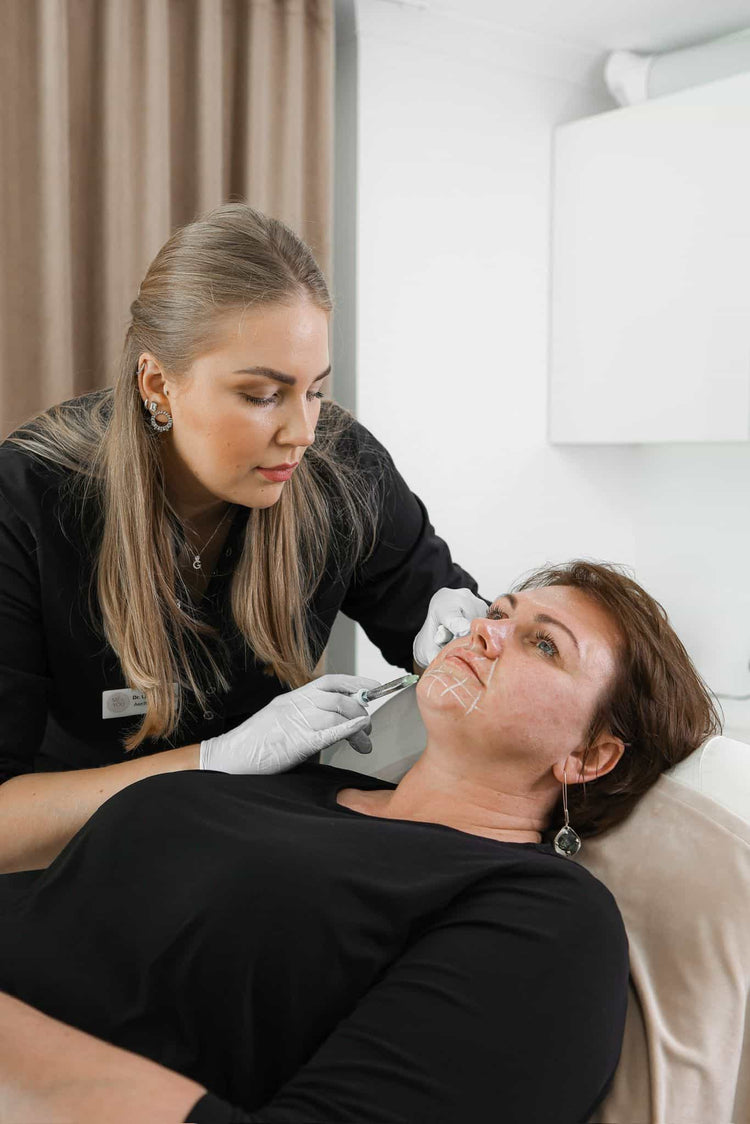
Lifestyle factors play a significant role in the development and severity of acne. Stress, diet, sleep deprivation, and hormonal fluctuations can all contribute to breakouts. Managing these lifestyle factors can be an important part of any acne treatment plan.
Diet
Diet can have a noticeable impact on acne. While there is no one-size-fits-all approach, some research suggests that high-glycemic foods, such as sugary drinks and refined carbohydrates, may worsen acne by triggering insulin spikes and inflammation. Similarly, dairy products have been linked to increased breakouts in some individuals.
Focusing on a balanced diet rich in fruits, vegetables, whole grains, and lean protein can support overall skin health. Staying hydrated is also crucial for healthy skin function.
Stress Management
Stress can significantly contribute to acne flare-ups. When you’re stressed, your body releases hormones like cortisol, which can increase oil production and inflammation in the skin. Finding effective ways to manage stress is essential for managing acne.
Engaging in regular exercise has been shown to help reduce stress levels and may have a positive impact on acne. Activities like yoga, meditation, or deep breathing exercises can also be helpful for relaxation and stress reduction.
Sleep Hygiene
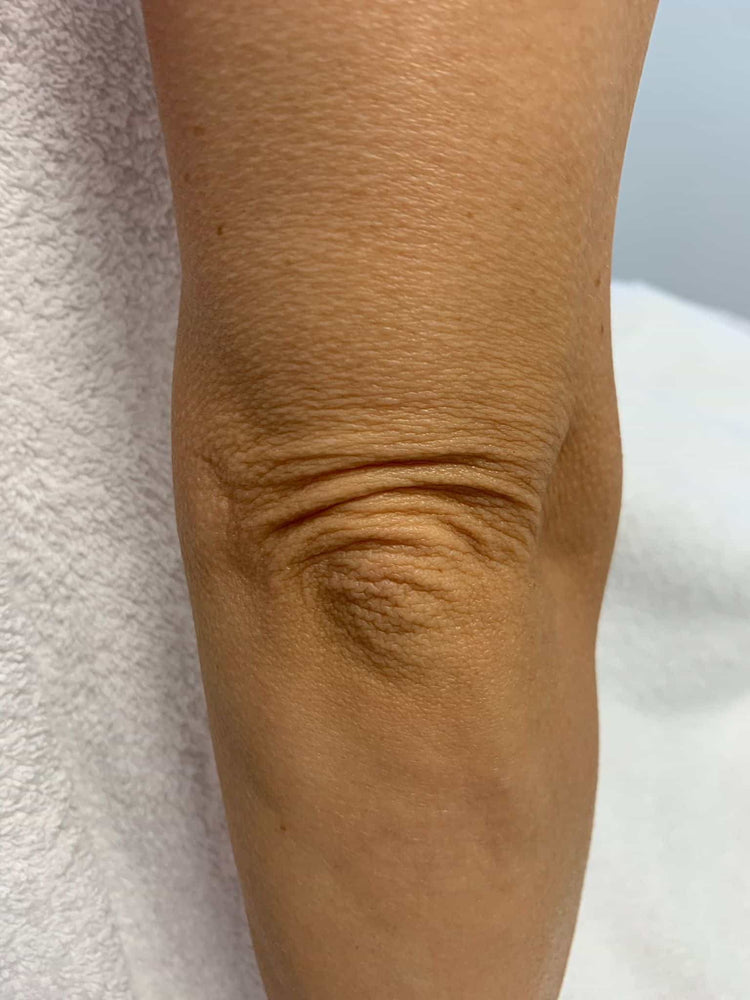
Sleep hygiene plays a crucial role in maintaining overall health, including skin health. During sleep, your body repairs and regenerates tissues, including skin cells. Insufficient sleep can disrupt this process, leading to increased inflammation and potentially worsening acne.
Aim for 7-9 hours of quality sleep per night. Establish a consistent sleep schedule, even on weekends, to regulate your body’s natural sleep-wake cycle. Create a relaxing bedtime routine, such as taking a warm bath or reading a book, to signal to your body that it’s time to wind down. Make sure your bedroom is dark, quiet, and cool for optimal sleep.
Local Skincare Professionals in Elstead
If you’re seeking effective skincare solutions for active acne in Elstead, Surrey, you have options. From topical treatments and professional therapies to lifestyle modifications, various approaches can help manage breakouts and promote clearer skin.
Recommended Clinics and Specialists
Locating a dermatologist or skincare clinic in Elstead, Surrey can be achieved through online directories, local recommendations, or by contacting your general practitioner. When selecting a specialist, consider their experience treating acne, patient reviews, and whether they offer a range of treatment options to suit individual needs.
It’s important to schedule a consultation with a qualified healthcare professional for a proper diagnosis and personalized treatment plan.
Remember that managing acne is often an ongoing process, requiring patience, consistency, and adherence to your skincare regimen.
Cost of Acne Treatment in Elstead
The cost of acne treatment in Elstead can vary depending on the severity of your condition, the type of treatment chosen, and the provider’s fees.
Average Prices for Treatments
Treatments like chemical peels or laser therapy tend to be more expensive than topical medications or over-the-counter products. For a precise estimate of costs in Elstead, it’s best to consult with a dermatologist or skincare clinic directly.
Factors Influencing Cost
The cost of acne treatment in Elstead can vary depending on the severity of your condition, the type of treatment chosen, and the provider’s fees.
Treatments like chemical peels or laser therapy tend to be more expensive than topical medications or over-the-counter products. For a precise estimate of costs in Elstead, it’s best to consult with a dermatologist or skincare clinic directly.
- Severity of Acne: Mild acne may be managed effectively with over-the-counter products, while moderate to severe cases may require prescription medications or more advanced treatments like chemical peels or laser therapy, leading to higher costs.
- Type of Treatment: Topical creams and gels are generally less expensive than oral antibiotics or isotretinoin. In-office procedures like chemical peels or laser therapy tend to have a higher price tag.
- Provider’s Fees: Dermatologist fees can vary based on experience, location, and the complexity of your case.
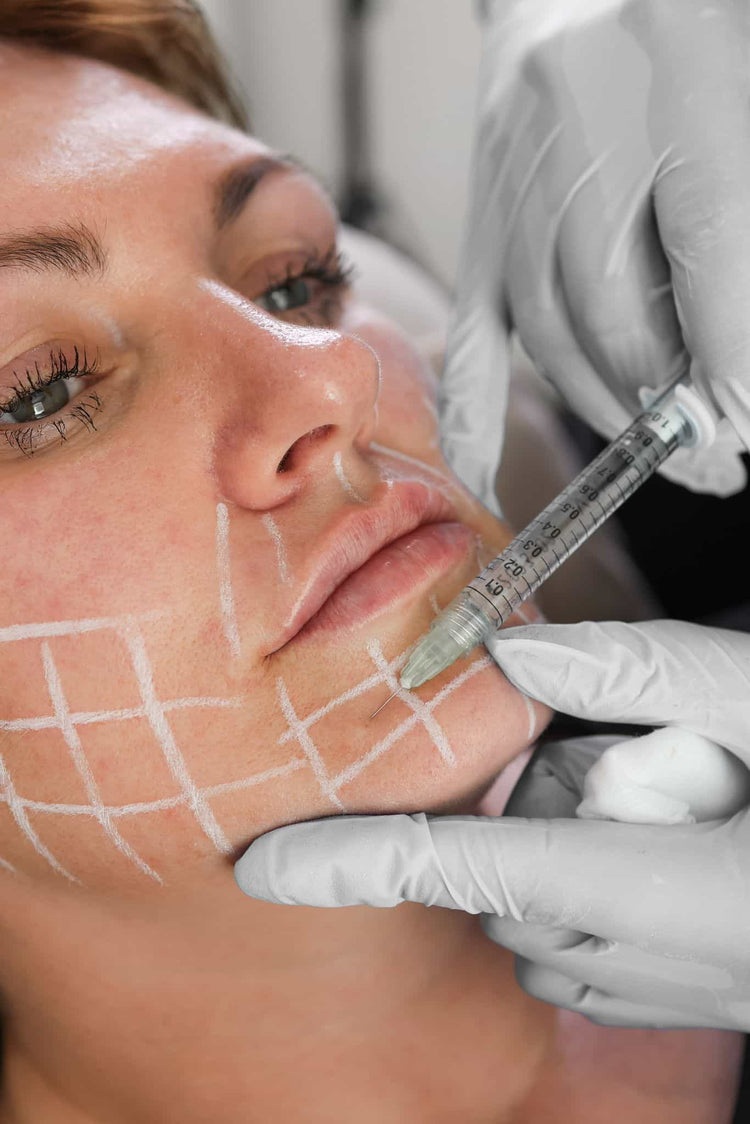
Finding the Right Treatment Plan
Finding the right treatment plan for active acne in Elstead, Surrey is essential for achieving clearer skin. Fortunately, a variety of effective skincare options are available to address breakouts effectively. From topical creams and gels to professional treatments like chemical peels and laser therapy, dermatologists in Elstead can tailor a regimen to your individual needs and skin type.
Understanding Skin Type
Understanding your skin type is crucial for selecting the most appropriate acne treatment. Skin types are generally categorized as normal, oily, dry, combination, or sensitive.
Normal skin has a balanced sebum (oil) production, while oily skin produces excess sebum, leading to shine and increased acne proneness. Dry skin lacks sufficient oil, resulting in flakiness and tightness. Combination skin displays a mix of both oily and dry areas, typically with the T-zone (forehead, nose, chin) being oilier. Sensitive skin is prone to irritation, redness, and allergic reactions.
Knowing your skin type helps guide your skincare choices. For example, someone with oily skin might benefit from oil-free products and ingredients like salicylic acid, which helps unclog pores. Meanwhile, individuals with dry skin should opt for hydrating moisturizers and avoid harsh scrubs that can further strip moisture.
Assessing Severity of Acne
Assessing the severity of acne is an important step in determining the most effective treatment plan.
Acne is often classified into grades ranging from mild to severe:
- Mild Acne: Characterized by a few small pimples, whiteheads, or blackheads.
- Moderate Acne: Involves more widespread breakouts, including larger pimples, cysts, and pustules.
- Severe Acne (Cystic Acne): Marked by large, painful cysts that can leave scars. It often affects a significant area of the face or body.
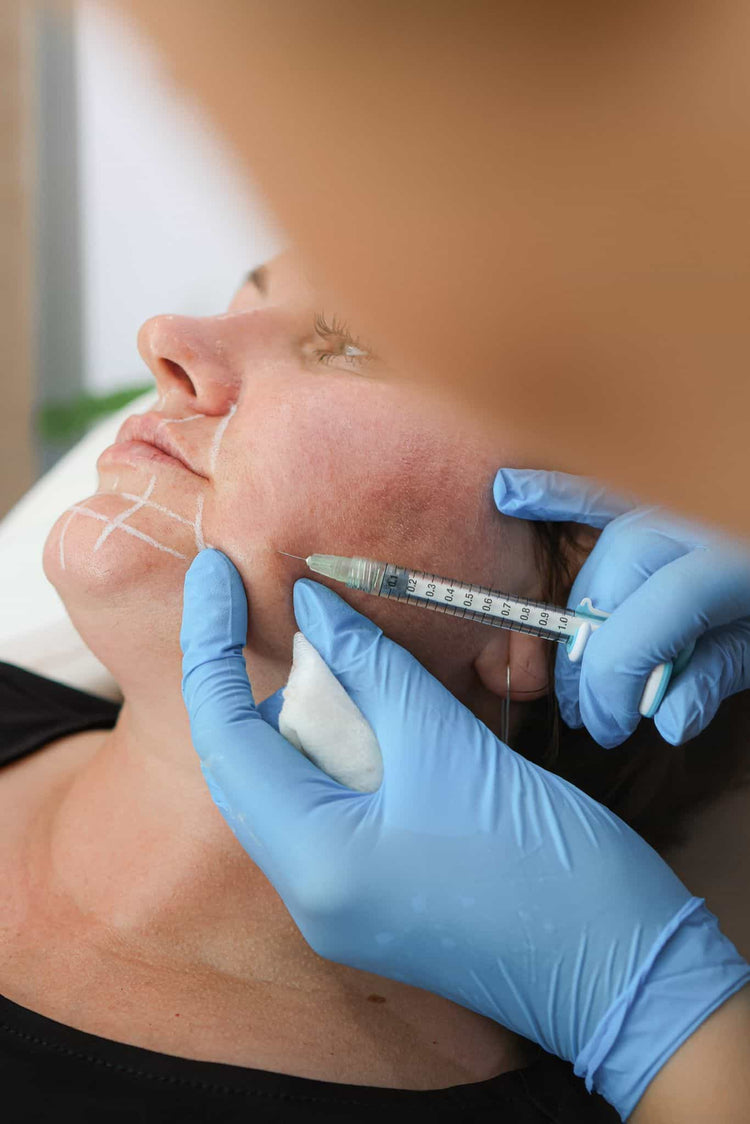
A dermatologist will consider factors such as the number, size, and type of pimples, as well as any associated inflammation or scarring, when evaluating acne severity.
Your dream lips are just a consultation away with Dr. Laura Geige at It’s Me & You Clinic
- Why Athletes Are Drinking THC Beverages - November 1, 2025
- What Is The Aftercare For Nasolabial Fillers? - October 30, 2025
- What Age Can You Get Lip Filler - October 29, 2025
